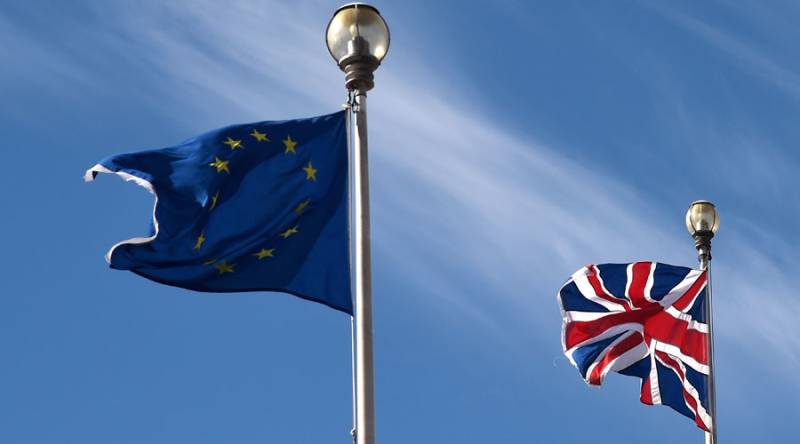The British exit was unprecedented. It fails to make much sense to the likes of me and there are many such as myself. The European Union is an interesting playground and even more exciting experiment in transnationalism. A project that has since sought to reveal the world for it has become, a globalised stateless entity with a shared world society and world culture. However, there are those who insist on being an exception. For more than 4 decades, Britain was playing smart by not trying to become those exceptions. June 24, 2016 will go down in history as the day it made the hapless move to become an exception.
Nothing drastic will happen in the near future. Britain has a cushion of 2 years to ease out of the EU. For now, its biggest debacle is the fall of the Pound Sterling down to a historic low. But, that too will find its stable grounds in maybe a year. The EU cannot and will not replace its choice of importer. Britain does not hence lose its market (and it cannot). Boris Johnson, Cameron and Nigel Farage all seem to be trying hard to make the fall gracefully. There is emphasis that Britain is not turning its back on EU, that is to say, EU shall always remain part of Britain. How this can and will be done is for time to tell.
EU chiefs have asked the British authorities to respect Article 50 of the EU treaties and make the exit swift and quick. German Chancellor, Angela Merkel, has warned EU of making a hasty decision. The Finnish finance minister has called the exit ‘Europe’s Lehmann moment’, a comparison to the collapse of the U.S. Investment bank Lehmann Brothers that triggered a global financial crisis. FTSE 100 has slumped down 8.7%. Major banks have had their stocks gravely plummet downwards. S&P has already confirmed that Britain will lose its triple-A credit rating. All economists agree that turbulence follows. France, taking advantage of the dwindling Sterling, has overtaken Britain as the fifth largest economy in the world. Cameron has resigned and Scotland’s first minister has predicted a second referendum on independence. In middle of all this chaos, Trump, who is visiting Scotland for a reopening of the Turnberry hotel and gold resort he bought in 2014, has assured those who listen that this is one of the smartest decisions done in recent times. This has only added to the chaos.
All that said, the truth is that the vote was fair and transparent and unlike the cricketers of Pakistan, no one can shout dhandli. So, it would be intelligent to come to terms with the reality and deal with what is to come.
The working class has voted for the exit and their reservations were true. There was an obvious spread of elitism within the country, something that was furthered upon by European bureaucracy. The economic advantages of the EU membership did not trickle down to them. The regulations and the budgets had mostly delivered most of their burden onto the working class of Britain. There were heavy public spending cuts that took away the social cushion that these working classes had since, and indeed rightly so, become accustomed to. They felt that their country was carrying the weight of failed economies. The change had to happen and it came in the face of the irreversible decision of Britain leaving EU.
The leave campaigners have promised a curbing of immigration in order to exploit the local workforce. This call is an inevitable disaster and Britain needs to make sure that this call says a mere campaign moto. If it will curb the movement, it can lose its market in EU. As of yet there are no plans to act upon these claims. Predictions go that the Norwegian model will be pursued wherein the movement of the people across Europe will not be curbed in exchange for access and openness to the EU market.
However, in the midst of all that has happened, there is one particular notion that must be pointed out. The leave has been a win on anti-intellectualism. The British MP, Micheal Gove in an interview in the Financial Times, insisted that the British people had had enough of the experts. That seemed a presumptuous claim then. Clearly it wasn’t. Politicians, historians and economists all over the world urged the British populace to not delve into a non-EU membership setting. Statistics and facts had cemented these recommendations. However, nothing really worked. In the end, British voted to exit. Can this decision be reflective of a worldwide change of thinking? Can this be termed a Trump-istic stance? Even if the labelling needs to be cautious, the similarities cannot be ignored. Such trends are not good news for the future. Much like everything else, let’s see how time deals with our decision of now.






